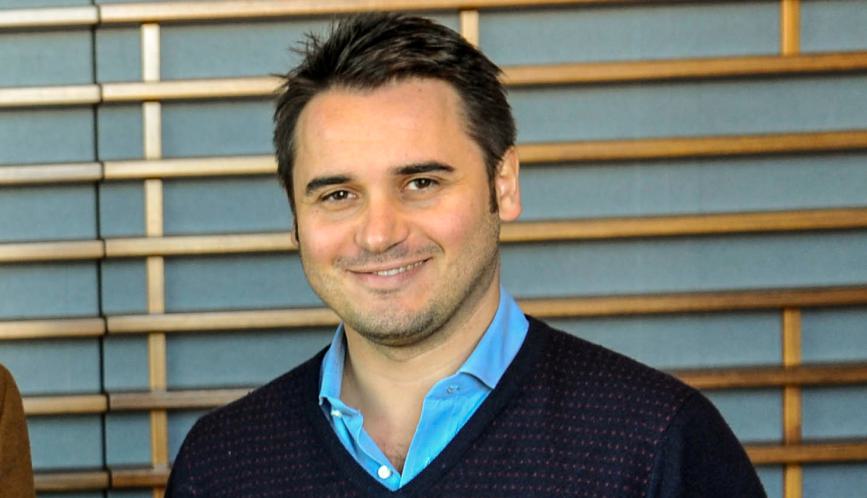Marco Cosconati is an economist at the Bank of Italy and a member of our Family Inequality network. His research focuses on the economics of the family, with special attention to parent-child interaction and human capital.
Please describe your area of study and how it relates to current policy discussions surrounding inequality?
My research focuses on the dynamics of parent-child interaction both from the empirical and theoretical point of view. Common sense and empirical evidence suggest that working hard is a fundamental ingredient of individual success. This observation poses challenging questions: what is the role of parents in inducing virtuous behavior? What are the most effective parenting styles? For instance do strict rules work better than leaving discretion to adolescent children?
There are strong connections with the early childhood intervention literature: if early on in life, parental inputs make children develop a strong set of skills, good behavior is likely to arise naturally leading to a more “liberal” approach to parenting.
Parental beliefs are also a relevant part of the game: parents who overestimate their children’s skills might leave too much discretion. On the other hand pessimism about youth potential could lead to unnecessary limitation of their freedom and backfire in the long-run.
All these aspects - dynamics, moral hazard and asymmetric information - call for new models which, combined with more accurate data on child-rearing practices, are likely to deepen our understanding of this important “production function”: the games parents and children play.
What are areas in the study of inequality most in need of new research?
I believe that parent-child interaction as a source of inequality is a very promising area to understand the sources of social and economic disparities. The insights from other disciplines, such as psychology, are important. For instance think about the variety of psychological costs parents incur when they mold children’s behavior: guilt, anxiety, frustrated expectations, and so forth. We do have interesting models, such as psychological games, which can be combined with more traditional models (principal-agent model) to make these concepts operational and broaden the understanding of how strategic behavior within the family affects human capital accumulation and inequality.
What advice do you have for emerging scholars in your field?
When I started looking at dynamic games to model parent-child games I learned a great deal from the work done in empirical industrial organization. I would advise to make the connection between the literature on human capital and dynamic games analyzed in IO tighter. Along these lines, I am also convinced that technology will impact the interaction among the members of the family in a profound way. If we think about what has been done in insurance markets to monitor behavior and price risk more accurately, I can see that sooner rather than later apps and devices will be developed to reduce asymmetric information and moral hazard problem in the family. It seems to me that interacting with those who develop new products and pursue technological innovation to share information can give insights and data on how to remediate the inability of family members to commit to a course of action.



